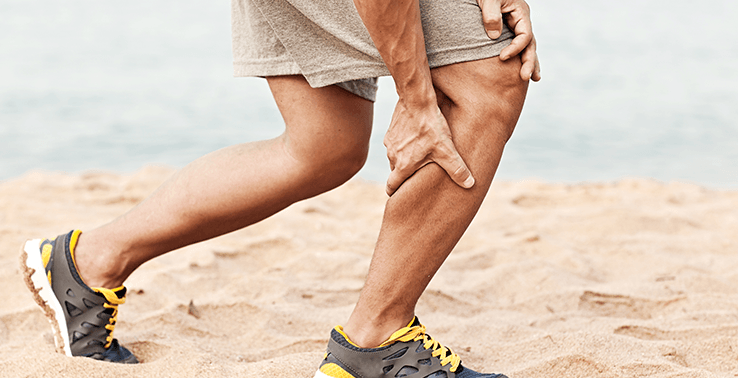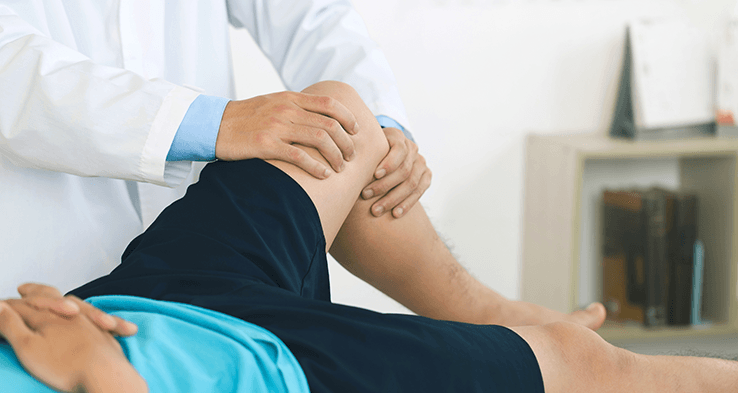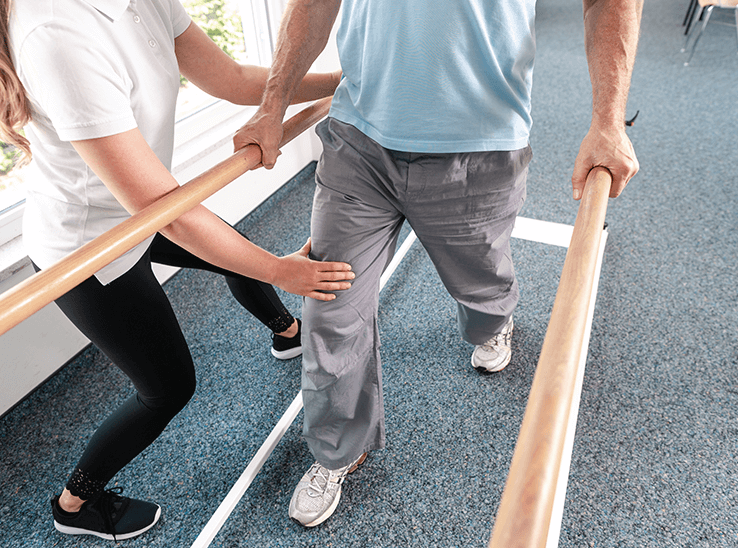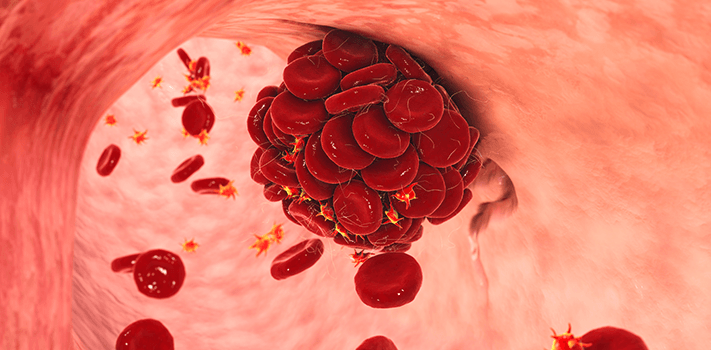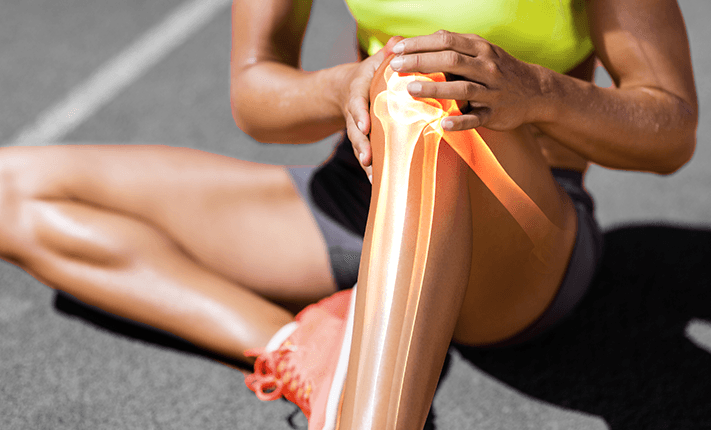What is Sports Surgery?
Sports surgery is a specialised branch of orthopaedic surgery focused on diagnosing, treating, and rehabilitating injuries related to sports and physical activities. It is designed to help athletes and active individuals recover from musculoskeletal injuries, restore function, and return to their sport safely. Sports surgery typically involves minimally invasive arthroscopic procedures but may also include reconstructive or open surgeries for more severe injuries.
Types of Sports Surgery
Sports surgeries vary depending on the injury, location, and severity. Some common types include:
- Arthroscopic Surgery – A minimally invasive technique used to diagnose and treat joint injuries
- Ligament Reconstruction Surgery – Such as ACL (anterior cruciate ligament) or PCL (posterior cruciate ligament) reconstruction for knee stability.
- Meniscus Repair or Removal – Addresses torn meniscus in the knee
- Rotator Cuff Repair – A procedure for torn rotator cuff tendons in the shoulder
- Labral Repair – For labrum tears in the shoulder (SLAP tear) or hip
- Tendon Repair or Transfer – Repairs ruptured tendons, such as the Achilles tendon
- Fracture Fixation Surgery – Stabilizes broken bones using plates, screws, or rods.
- Cartilage Restoration Procedures – Such as microfracture, autologous chondrocyte implantation (ACI), or osteochondral transplantation
- Joint Realignment Surgery (Osteotomy) – Alters bone alignment to relieve pressure on joints
- Total or Partial Joint Replacement – Typically for severe, chronic sports injuries




